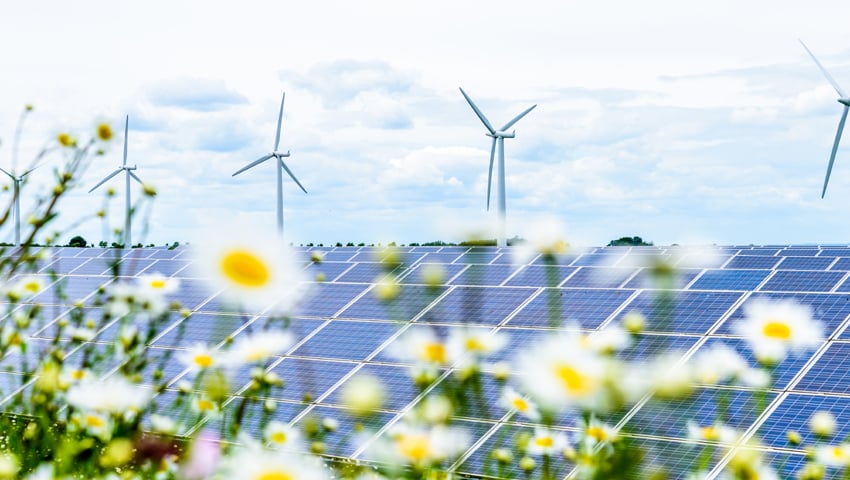Article by Nicolle Hamilton
John Wallis, Regional Director at GSC Grays, believes Defra’s latest Farm Productivity Grant will be welcomed by farmers wanting to reduce fossil fuel use, improve energy resilience and reduce electric bills.
The Grant is open to farmers for the use of robotic and automated equipment together with a focus on solar energy with each of the schemes boasting dedicated funding of £15m.
To move towards the ambitious target of net zero, equipment relying on electric or renewable energy will be prioritised with biofuels viewed as renewable and will be treated preferably.
Wallis said, “This is very welcome news which we have been waiting to hear. GSC Grays has been working with farmers over the last 18 months through our Farming Business Advice Service (FBAS) which is funded by Defra, to review their energy use and install PV systems. This grant will make that even more attractive, and some farms, where the returns were marginal without the grant, will now want to proceed.”
The grants are subject to minimum levels meaning farmers will need to contribute the balance which will have to be costed and reviewed as part of their overall business plan to assess the viability.
This is the second time Defra have offered this grant with those invited to make a full application having until 30 June 2025 to do so. The initial online checker stage will remain open until 21 March. After this date, the RPA will decide who to invite to the full application stage.
For robotic and automated equipment, the minimum grant available is £25,000 and the maximum grant available is £500,000. The grant will now cover up to 50% of the cost. For solar equipment, the minimum grant available is £15,000 and the maximum grant available is £100,000. The grant will cover up to 25% of the cost.
It is possible to apply for automated and robotic equipment and also solar equipment, however, the maximum grant amount still cannot exceed £500,000 in total for both applications together.
Wallis added, “The Grant can also cover some additional eligible costs such as updating an electricity supply which could help farmers who are looking to install three phase as part of a solar project. However, the minimum grant is quite high – £15k – which means total project costs have to be a minimum of £60k. As a result, this will likely exclude farmers looking to install small scale systems to meet lower energy use.
“In recent months, our average installation of farms we have worked with has been around £20k – £30k and therefore, would be ineligible for this grant. It should be noted that the grant doesn’t include ground mounted solar which will prohibit farmers without sufficient rooftop space.”
The grant is open to horticultural and farm businesses with contractors from those sectors eligible to apply for grants towards the purchase of robotic and automated equipment, but not solar equipment.
